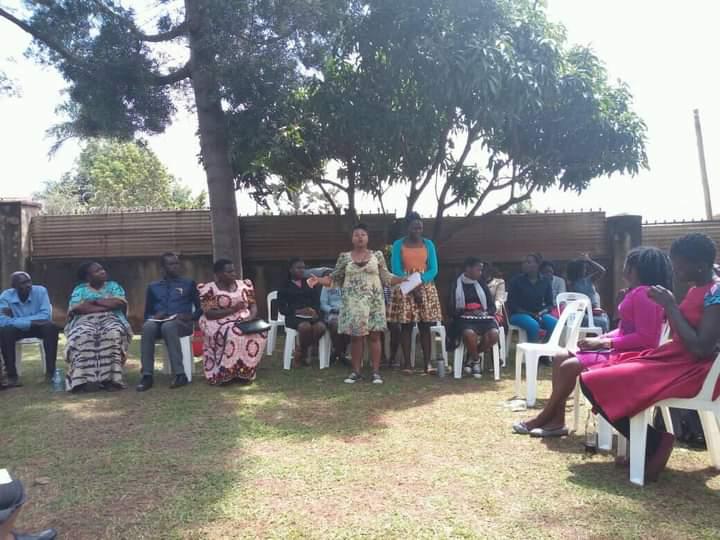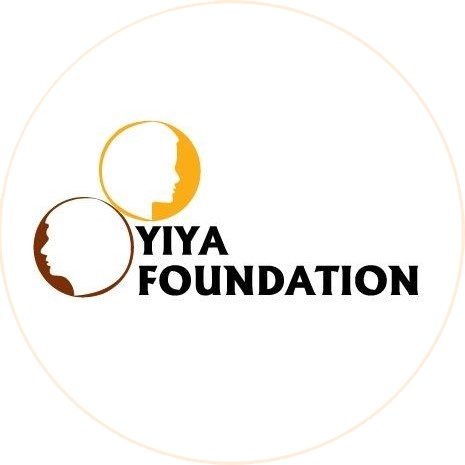
Sexual Reproductive Health/Rights & Gender Equality (SENGA)
Gender equality refers to equal rights, responsibilities and opportunities for women/girls and men/boys. Sexual and Reproductive Health/Rights (SRHR) is an essential building block to achieving gender equality, but it’s restricted globally.
Families globally are trapped in cycles of poverty because they do not have the option to plan when to have children or decide how big they want their family to be, the situation in Uganda is not very different from that in the rest of the world.
The current global situation is such that, on one hand, countries that don’t categorise defilement and rape as crimes or hardly enforce their laws against them put the lives of girls and women at risk daily, and on the other hand, the COVID-19 pandemic has seriously disrupted access to SRHR/HIV/AIDS services leaving a great portion of the world’s most vulnerable populations (girls, persons with disabilities, women and youth in the world’s poorest countries such as Uganda) without care.
Access to comprehensive health care that includes sexual and reproductive health can fundamentally change the course of life of the girl child, persons with disabilities, survivors of SGBV and domestic violence, young mothers, young people living in hard to reach areas, slums and set them up all to reach their full potentials.
SRHR encompasses the different human rights related to sexuality and reproduction, such as sexual health, sexual rights, reproductive health, and reproductive rights. Everyone, including children and adolescents, is entitled to SRHR.
It’s an essential part of universal health coverage, which doesn’t just include the absence of disease or dysfunction, but also ensures physical, emotional, mental, and social well-being.
Sexual and reproductive health and rights also incorporate efforts to eliminate preventable maternal and neonatal mortality and morbidity, to ensure quality sexual and reproductive health services, including contraceptive services, and to address sexually transmitted infections (STI) and cervical cancer, violence against women and girls, and sexual and reproductive health needs of adolescents. Universal access to sexual and reproductive health is essential not only to achieve sustainable development but also to ensure that this new framework speaks to the needs and aspirations of people around the world and leads to realisation of their health and human rights.
YIYA Foundation believes we can’t create a more sustainable and equitable world without ensuring everyone especially those who are sexually active have access to SRHR. Every woman and man is entitled to good sexual and reproductive health.
This involves being free from sexually transmitted infections, gender-based violence and maternal mortality, and the ability to access essential health services. In Uganda, adolescents comprise a fifth of the population, yet their sexual and reproductive health needs are often overlooked.
Adolescent girls and young women are more likely to experience gender-based violence, sexually transmitted infections and poor access to sexual and reproductive health services. The situation gets even worse for girls and women in the rural, semi urban and slums areas of Uganda.
Through YIYA Foundation’s Senga program the girl child, persons with disabilities, survivors of SGBV and domestic violence, young mothers, women, young people living with HIV/AIDS in hard to reach areas, suburbs, and slums have the opportunity and safe space (both physical and virtual) to access family-planning, counseling and rehabilitation, safe delivery, antenatal and postnatal care education/services, especially about breast-feeding, infant and mother’s health care.
The physical spaces at YIYA Foundation’s shelters, medical camps, lead SRH/R goods and services providers; and virtually through online portals such as U-Report and YAPS.
